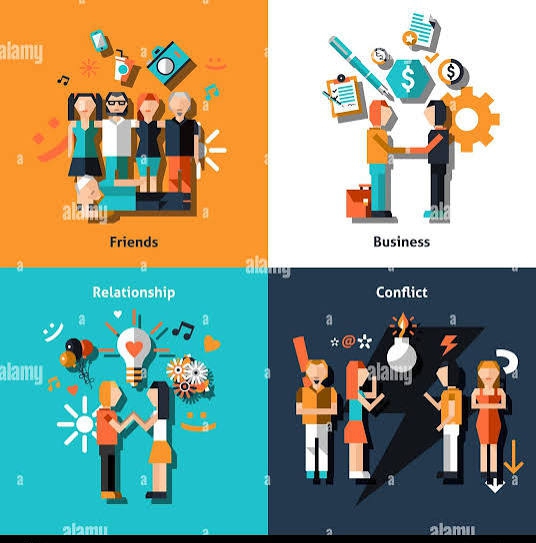“Social Media A Silent Pressure for Young Adults”

In today’s hyper-connected world, social media has become more than just a way to stay in touch. It shapes how we think, feel, and see ourselves. For young adults, it’s both a source of connection and a silent pressure that influences mental health in profound ways.
The Double-Edged Sword of Social Media

Social media platforms like Instagram, TikTok, and Snapchat allow young people to share creativity, find communities, and raise awareness for important causes. Yet, behind the filters and likes, a more complex reality exist.

One filled with comparison, validation-seeking, and digital fatigue. Research shows that heavy use of social media is linked to increased anxiety, loneliness, and even depression. This isn’t just about screen time. It’s about the constant exposure to curated perfection, flawless faces, ideal lives, and unrealistic achievements that subtly chip away at self-esteem.
The Pressure of Comparison

Every scroll invites comparison. When others seem happier, more successful, or more attractive, it triggers self-doubt. Psychologists call this “social comparison theory,” and it plays a big role in how we measure our worth online. The more time young people spend comparing themselves to others. The harder it becomes to maintain a healthy sense of self.
Sleep, Focus, and Emotional Health

Constant notifications and late-night scrolling disrupt sleep cycles. Something many young adults underestimate. Poor sleep affects mood, concentration, and decision-making. Leading to a vicious cycle of fatigue and irritability. The dopamine hit from likes and comments creates a short-lived rush, but when it fades, emotional lows can follow.
Building a Healthier Digital Relationship

Social media isn’t inherently bad. It’s how we use it that matters. The key is balance and awareness.
Here are a few expert-backed strategies:
Set intentional boundaries: Schedule specific times to check your accounts instead of constantly refreshing.
Cut the Crabs: Unfollow pages that trigger insecurity. Follow accounts that inspire and educate.
Engage consciously: Comment and connect meaningfully instead of just scrolling passively.
Digital detox: Take one weekend each month to disconnect completely and spend time in the real world.
The Future of Digital Well-Being

More platforms are now integrating features like screen-time limits, content warnings, and AI moderation to support mental health. But real change starts with personal responsibility. Knowing when to unplug, setting limits, and remembering that our value isn’t measured in likes or followers.
💬 Final Thoughts
The digital world can either build us up or break us down. For young adults navigating identity, relationships, and goals, social media should be a tool, not a trap. Awareness, balance, and authenticity are the real keys to mental well-being in a connected age.

External links:
- Media related to Digital media use and mental health at Wikimedia Commons
- Anthropology of Social Media: Why We Post, University College London, Free online five-week course, asking “What are the consequences of social media?”
- Social Media Use and Mental Health: A Review – ongoing review curated by Jean Twenge & Jonathan Haidt.
- “Digital Nation”. Frontline. Season 28. Episode 7. 2 February 2010. PBS. WGBH. Retrieved 2 August 2022.
References
- Huang C (2022). “A meta-analysis of the problematic social media use and mental health”. International Journal of Social Psychiatry. 68 (1): 12–33. doi:10.1177/0020764020978434. ISSN 0020-7640. PMID 33295241.
- Dickson K, Richardson M, Kwan I, MacDowall W, Burchett H, Stansfield C, Brunton G, Sutcliffe K, Thomas J (2018). Screen-based activities and children and young people’s mental health: A Systematic Map of Reviews (PDF). EPPI-Centre, Social Science Research Unit, UCL Institute of Education, University College London. ISBN 978-1-911605-13-3. Archived (PDF) from the original on 11 February 2019. Retrieved 15 May 2019.
1 comment